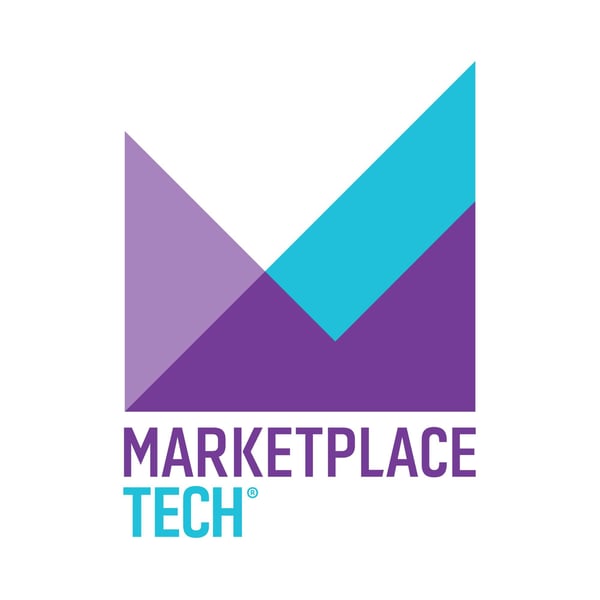Regulating generative AI will be challenging
Marketplace Tech
American Public Media
4.6 • 1.2K Ratings
🗓️ 6 June 2023
⏱️ 12 minutes
🧾️ Download transcript
Summary
The European Union is getting closer to approving the world’s most comprehensive artificial intelligence regulations. Here in the U.S. — well, at least we’re not defaulting on our debt, right? Fast-moving developments in generative AI tools like ChatGPT and Stable Diffusion have raised a slew of concerns over misinformation, copyright violation and job losses. But even the EU’s AI Act — years in the making — wasn’t crafted with this kind of general purpose AI in mind, these broadly accessible programs that have almost infinite applications. Marketplace’s Meghan McCarty Carino spoke with Alex Engler, a fellow at the Brookings Institution who studies AI governance.
Transcript
Click on a timestamp to play from that location
| 0:00.0 | Marketplace Morning reports new Skin in the Game series explores what we can learn about |
| 0:04.6 | money and careers from the $300 billion video game industry. Plus, here how an Oakland-based |
| 0:11.0 | program helps young people get the skills they need to break into this booming industry. |
| 0:15.9 | Listen to Skin in the Game and more from the Marketplace Morning report wherever you get your |
| 0:20.7 | podcasts. There's a lot of consensus around the need to regulate AI. The how? Well, that's another |
| 0:29.5 | matter. From American public media, this is Marketplace Tech. I'm Megan McCarty-Karino. |
| 0:44.4 | The European Union is getting closer to approving the world's most comprehensive artificial |
| 0:50.2 | intelligence regulations. Here in the US, well, at least we're not defaulting on our debt, right? |
| 0:58.1 | Fast-moving developments in generative AI tools like ChatGPT and stable diffusion |
| 1:04.2 | have raised a slew of concerns over misinformation, copyright, job losses, |
| 1:10.8 | but even the EU's AI Act years in the making wasn't crafted with this kind of general purpose |
| 1:18.3 | AI in mind. These broadly accessible consumer programs that have almost infinite applications. |
| 1:26.4 | Alex Engler is a fellow at the Brookings Institution who studies approaches to governing AI. |
| 1:48.6 | Data governance, making sure that people who build these models actually spend time |
| 1:53.3 | ensuring that there's not really toxic or really discriminating data used in the training, |
| 1:59.0 | which can often perpetuate into whatever downstream uses it has. Most of the popular tools we're |
| 2:06.1 | talking about are not open source. How would greater transparency around these models be helpful? |
| 2:12.6 | One thing transparency does is it grounds the public conversation in reality, |
| 2:18.2 | make sure that we're talking about the fact that these are better text prediction machines and |
| 2:23.1 | not magic. That actually improves the function of markets. If you really know what you're buying, |
| 2:27.9 | also something the Federal Trade Commission has made a lot of noise and some progress on. |
| 2:33.2 | And another is the public understanding, which is receiving a lot of mixed signals right now. |
... |
Please login to see the full transcript.
Disclaimer: The podcast and artwork embedded on this page are from American Public Media, and are the property of its owner and not affiliated with or endorsed by Tapesearch.
Generated transcripts are the property of American Public Media and are distributed freely under the Fair Use doctrine. Transcripts generated by Tapesearch are not guaranteed to be accurate.
Copyright © Tapesearch 2025.

